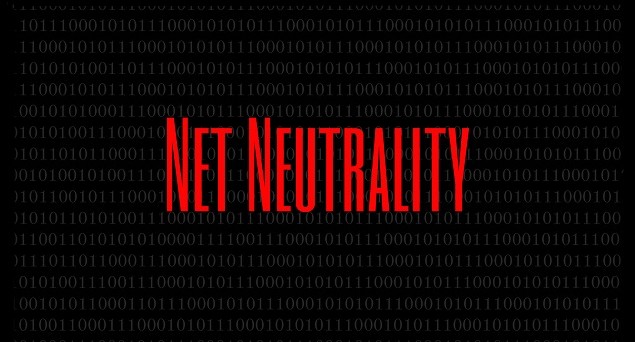New Delhi, Feb 8: In a move seen as an endorsement of net neutrality and a setback to offerings such as Facebook’s Free Basics and Airtel Zero, the telecom watchdog on Monday said no to discriminatory pricing of data content.
“No service provider shall offer or charge discriminatory tariffs for data services on the basis of content,” the Telecom Regulatory Authority of India (TRAI) said in a much-awaited regulatory order.
“No service provider shall enter into any arrangement, agreement or contract, by whatever name called, with any person, natural or legal, that has the effect of discriminatory tariffs for data services being offered or charged to the consumer on the basis of content,” the watchdog said.
Addressing a news conference after calling for the order to be published in the official Gazette, the watchdog chairman R.S. Sharma said the basic premise based on which the new norm has been notified is to make the Internet available to a large number of people.
“We have also kept provision for exception in grave emergencies,” he said.
Sharma also sought to make a difference between the term “differential pricing” or “zero rating” that is normally used vis-a-vis “discriminatory pricing”. “We have used the term discriminatory pricing. Essentially we are saying that Internet pipe should be agnostic to packets,” he said.
“We have also kept provision for exception in grave emergencies. We have also made exception in case of closed networks, which are not Internet. Anything on Internet cannot be differentially priced. That is the broad point we have made.”
Crucial to the issue of Net neutrality, differential pricing or zero-rating is a practice where Internet service providers do not take into account the content downloaded by subscribers from some platforms while computing their usage tariff. These become free or differentially priced.
Those batting for Net neutrality want a uniformity in such tariff. But those on the other side of the debate feel this may be impossible because service providers have to invest huge amounts of money on infrastructure and different bandwidths call for different level of investments.
This appears to have been addressed by the watchdog.
“No service provider shall charge differential charges based on source, destination, application and content,” the TRAI chairman said.
The watchdog has also called for a fine of Rs.50,000 per day for each act of contravention, subject to a cap of Rs.50 lakh.
The watchdog’s stand was much awaited in the light of Free Basics service and Airtel Zero, which are apps promising access to the Internet by providing them a range of some basic services for free such as news, health, travel, jobs, sports, communication and other information.
The issue ran into a controversy as well when the major part of the responses to a TRAI paper calling for comments on Net neutrality only spoke about differential pricing and support for Free Basics.
The watchdog did not take kindly to it — saying most of the responses did not address the larger issue — and shot a stern letter to Facebook.
The watchdog tended to agree that differential pricing had the potential to expand and accelerate Internet access, and said as much in its order.
“On the other hand, differential tariffs result in classification of subscribers based on content they want to access,” it said, adding this could go against the non-discriminatory tariff, disadvantage small content providers, create entry barriers and and stifle innovation.
The watchdog also said differential pricing violates the basic principles of the Internet, turn the service providers into gatekeepers, which, in turn, goes against the freedom of speech, expression and media pluralism.
Applauding TRAI’s move, Software Freedom Law Centre, India, said: “Differential pricing runs counter to this fundamental premise, which has had no small role to play in the Internet’s explosive growth. In this context, TRAI’s latest Regulations are a big step in the right direction, and secure India a position amongst the select few nations to have accorded legislative respect for the principle of network neutrality.”
(IANS)





